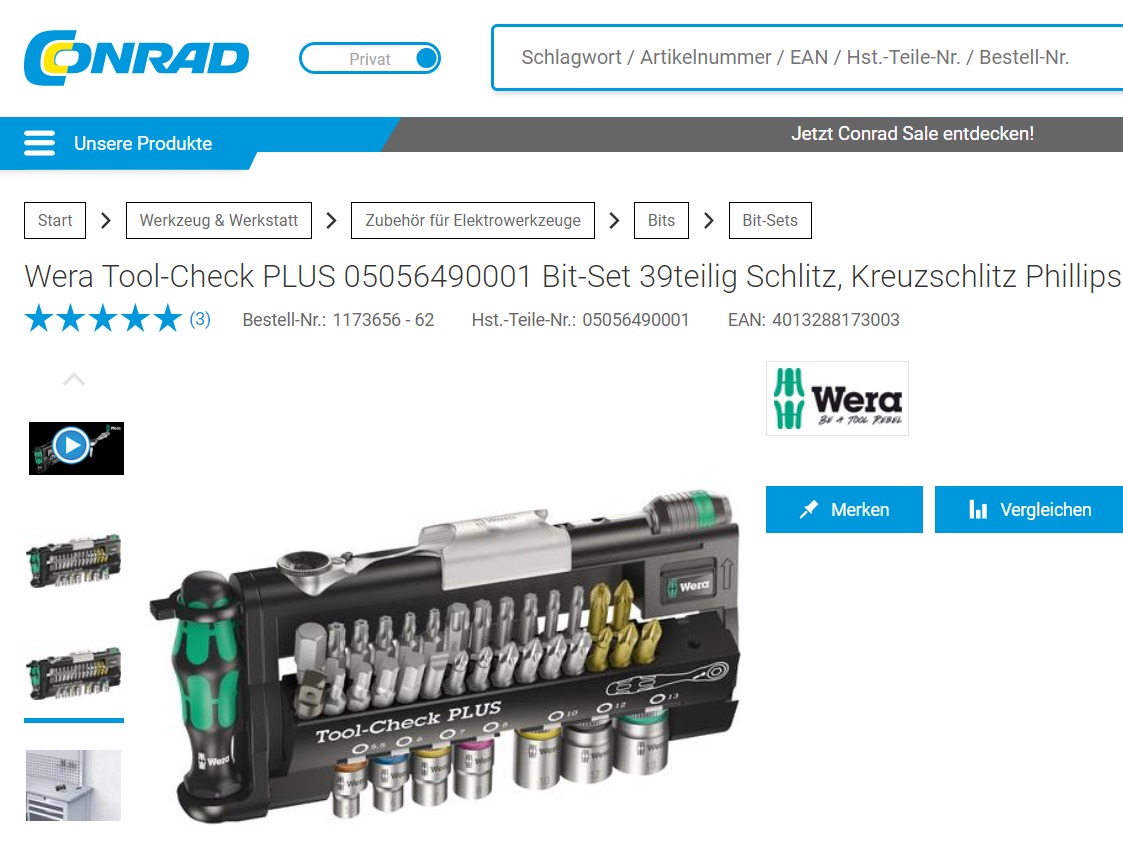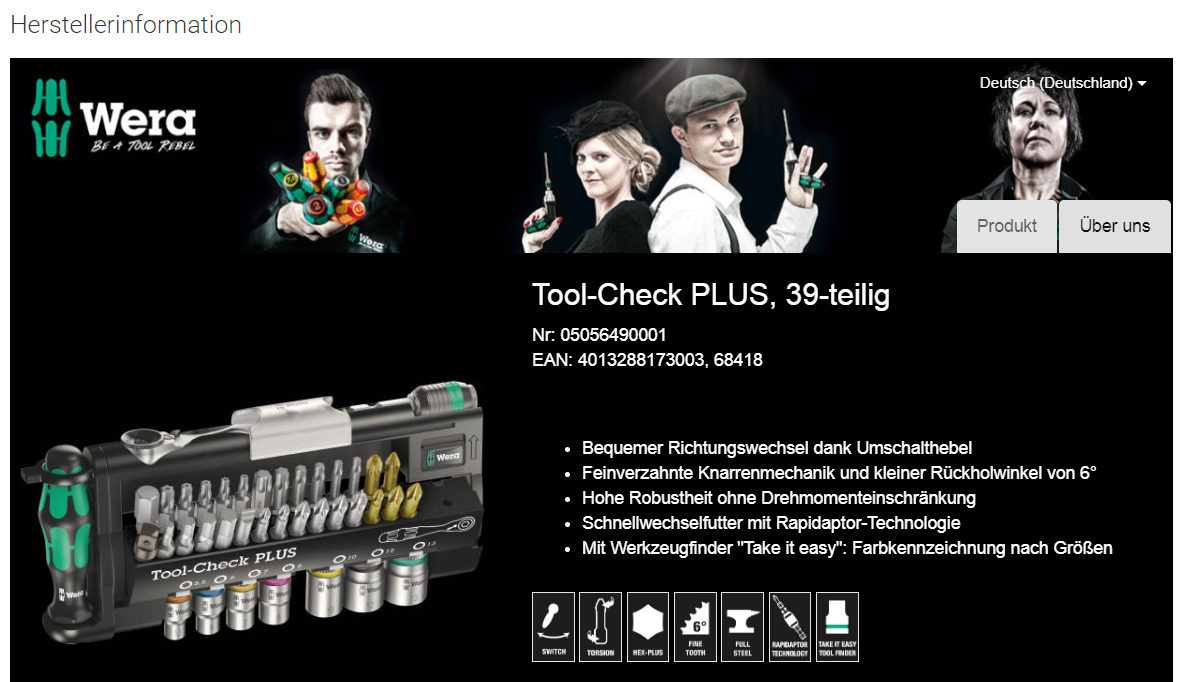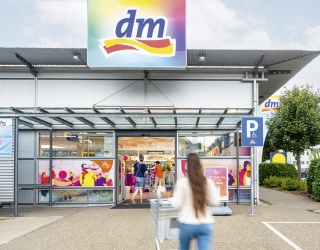Online stores need great product descriptions and powerful product images to be successful. After all, this information must be able to substitute the first-hand experience online surfers would get if they visited a physical store. That’s why it plays a key role in the consumer decision-making process.
It’s very time-consuming for retailers to manually add and update product details. Given their efforts, it is especially frustrating when retailers then end up losing customers due to incomplete or missing information. This is where product information databases like loadbee come into play.

The job of the busy bees of the loadbee platform is simple: "We take product and manufacturer information directly to the product detail pages of online retailers,” says Lars Braach from loadbee GmbH. Loadbee's product information platform acts as the central distributor that delivers content to countless stores at once.
Where does the information come from and where does it go?
Let’s say, a manufacturer of a washing machine creates a product profile on loadbee, which includes text, images and videos. All online retailers who are registered on the loadbee platform and offer this type of washing machine in their stores can integrate a plug-in to make the profile directly available in their stores. If the manufacturer adds new information about the washing machine to the database in the future, all connected stores gain real-time access.
“The good thing about manufacturer information is that it is more reliable and credible and – above all – comprehensive in the eyes of the end customer. Once the end customer realizes that the information comes straight from the manufacturer, he or she is less likely to leave the store and look for information elsewhere,” says Braach. Ideally, online retailers reduce their bounce rate of visitors who enter the store site and leave rather than continue viewing other pages within the same site.
The second major advantage is self-evident: Retailers save precious time and money if they no longer have to manually update product information. This frees up resources to focus on other important tasks such as product mix planning or customer service. What’s more, loadbee is free for retailers.
How do I decide whether product information management is right for me?
While the service is free for retailers, manufacturers pay a fee based on the distributed content. They benefit from using the product information platform not only because of increased sales but also because it allows them to build trust with customers thanks to reliable product information and by delivering new products to customers faster. This also saves a lot of time when it comes to communicating information to customers. As Braach explains, “We spoke to the Gorenje Company, who is known for the distinctive design of its devices. When the company would win an award for one of its refrigerators in the past, it frequently was the company’s sales representatives who would communicate this to the respective retailers. That’s why it often took a long time for this information to be available in the store. This doesn’t benefit the retailer or the manufacturer in any way.”

These types of cases show how product data platforms can support manufacturers in their marketing endeavors. "This ensures that updates to the manufacturer's website also carry over to the retailer's website," Detlef Seyfarth of Wera Tools explains. His company uses loadbee to market its more than 3,000 products. Apart from quality issues, this also addresses legal concerns: “Direct data processing safeguards information accuracy and ensures that changes are synchronized. What’s more, it prompts stores to only make promises we can actually keep. Needless to say, things are beyond our control if retailers create their own texts.” That’s why Wera has a marketing team that’s responsible for keeping web content for loadbee current and providing needed information.

“There are industries that sell self-explanatory products, allowing them to rely on retailers. However, if you have products that require some explanation, the platform is a great tool.” Based on his experience, Seyfarth recommends making all products immediately accessible via loadbee. "We can’t give you a definite number of sales generated from this platform. Companies simply need to know the true value of increasing their web presence when they use this channel.”
What are some other uses of product information databases?
All in all, product data platforms create a win-win situation that benefits all parties – the manufacturers, retailers, and customers - in more ways than one: the database builds trust and increases confidence, frees up time for other important tasks and makes better service possible. But Braach is also able to back things up with numbers: “We did a study with Bosch Home Appliances Corporation, which revealed that the company increased sales by 25 percent when our product profiles were used on the retailer’s site. That's quite an impressive number.“
In the future, Braach also envisions the loadbee platform being used in brick-and-mortar stores, where product profiles would then be accessible via touchscreens. “What makes this so great is that as soon as you have a new product video or a new product or sales promotion, you only need to directly upload it once to the platform, which subsequently enables all connected retail stores to have all the key persuasive selling arguments right at the POS.”





